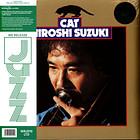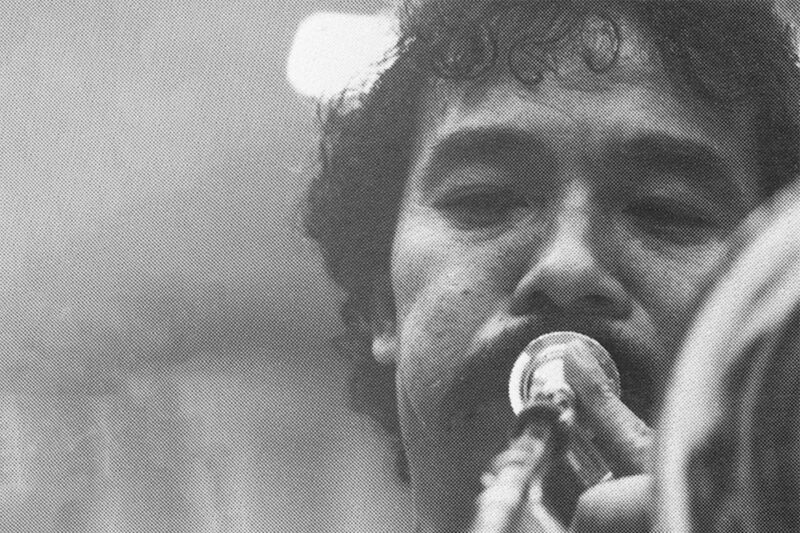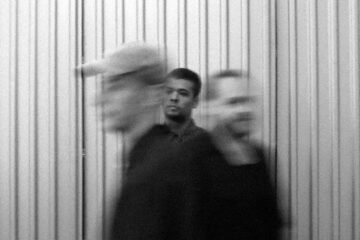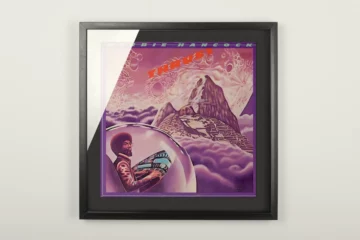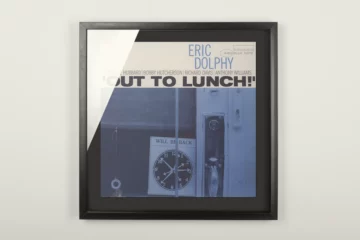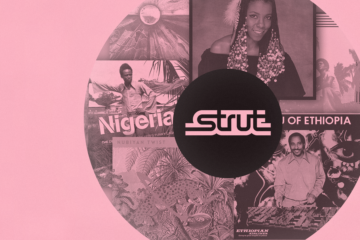Whoever thought that it would no longer be possible after October 29, 1969: was mistaken. That was when two computers wired together by telephone line for the first time. The beginning of the Internet. And of a place, where you would be able to find any information in a couple of years. Seven years later, »Cat« by trombonist Hiroshi Suzuki was released, an insider’s tip – not only of Japanese jazz. However, hardly any information about Hiroshi Suzuki can be found on the Internet, where the most knowledgeable record collectors still exchange information. And nowhere else either. Not even an interview. The search for an almost unknown.
Hiroshi Suzuki was born in Yokohama on November 12, 1933. At 38, he moved to the U.S. to play with bandleader and drummer Buddy Rich. Suzuki lived in Las Vegas. In 1975, he returned to Japan and recorded the five tracks of »Cat« with former companions at Nippon Columbia Studio in Tokyo from October 8 to October 10. When the record was released on February 25, 1976, hardly anyone was interested in it. Not even in Japan. (After all, the rest of the world still had to process Miles Davis’ fusion phase first.)
And today? Back in 2015, Columbia in Japan re-released the record to bring its previously unknown gems to a wider audience. With manageable success. In France, the album appeared on Klimt two years ago as an LP, but several listeners criticized the barely convincing sound quality. Now follows the official re-release on We Release Jazz, from the original masters.
With »Cat« Suzuki has given expression to his own vision of fusion jazz, characterized less by perfection than by a fine groove. His trombone playing leads elegantly through the five tracks. Even when the bass briefly goes awry in »Walk Tall« the melody saves the entire piece. Suzuki always plays with his solos in the service of the whole piece.
That the lofi beat scene discovered the tracks of »Cat« and especially the relaxed trombone playing of Suzuki just a few years ago is not that surprising.
In the title track his play goes sometimes a little in the foreground, but nevertheless this album is a unit. Which is just because of Suzuki. By the way: With Hiromasa Suzuki another somewhat well-known jazz musician from Japan plays the keyboards in the rhythm section, who also composed film music. And whose traces in Japanese jazz various search engines throw up as the clearly more popular search suggestion when it actually is about facts to Hiroshi Suzuki.
That the lofi beat scene discovered the tracks of »Cat« and especially the relaxed trombone playing of Suzuki just a few years ago is not that surprising. And also who has ever heard one of the endless compilations on YouTube with beats to study to, will presumably have already heard a sample from this album.
But why didn’t it make at least the small pages of some jazz magazines? For that Suzuki’s throw of fusion is perhaps simply too straightforward. Too close to the idols. But there is definitely soul to be found on this album, a groove, a special playing that can be attributed to Suzuki. Which makes the myth, if you want to call it that, of this album.
In the context of its time, »Cat« is a typical jazz album for the mid-seventies. The rhythm, the keyboards shape the sound with trombone and saxophone. So the energy pulsates lively on this album. The pleasing groove in Suzuki’s playing can make this record seem somewhat unremarkable. But it remains that it is one of the finest albums of Japanese jazz.
Suzuki himself has left his mark on jazz with this album – albeit mainly for connoisseurs and insiders. Which could now change with the re-release of »Cat«. Who is now looking forward to an extensive discography with discoveries: Wrong again. The most extensive is still Suzuki’s work with the formation The Freedom Unity. In that free jazz, however, his trombone falls off quite a bit. There is nothing to be heard of the groove of his album »Cat« there. After the seventies Suzuki published no more music. The meager traces disappear. And from the unknown at least remains a forgotten pearl of fusion jazz, which can still be enjoyed in the 21st century. That this is possible, perhaps even Suzuki did not necessarily expect.
